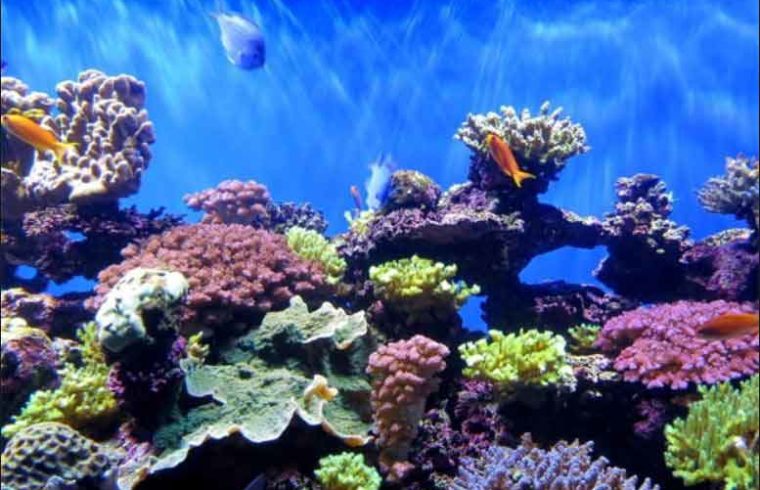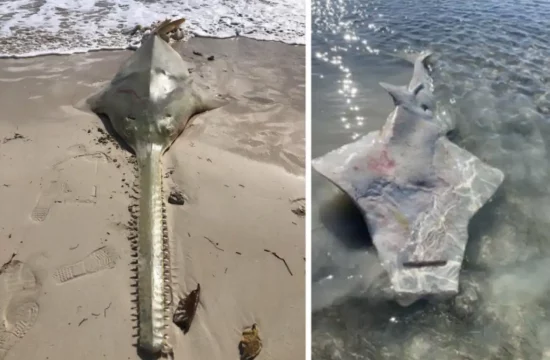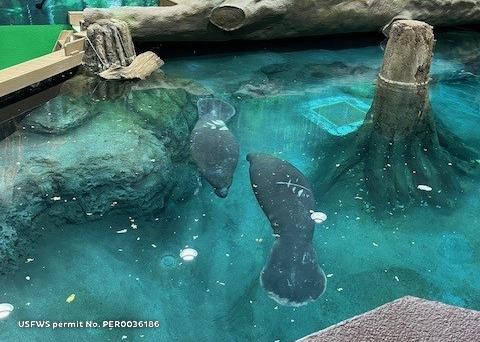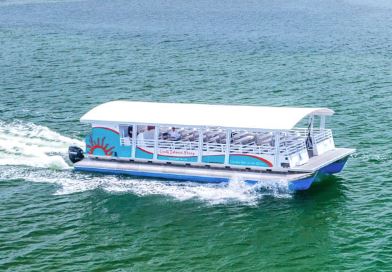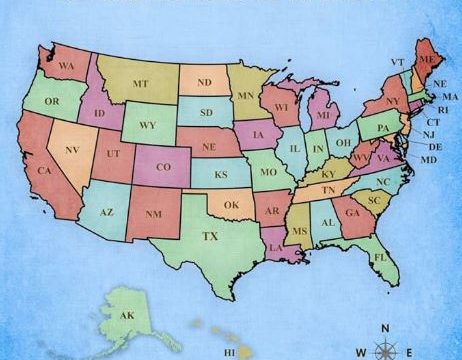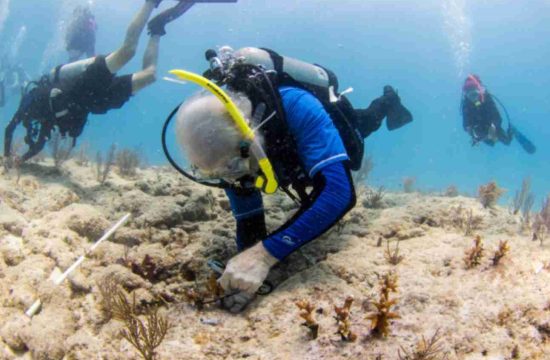| Mote battles unprecedented threat to Florida’s coral reefs New research results, expanded restoration efforts target stony coral tissue loss outbreak |
| Florida’s coral reefs are facing an unprecedented, deadly and rapidly spreading coral disease outbreak — putting them at risk of functional extinction — and Mote Marine Laboratory scientists are accelerating their innovative efforts to secure the reefs’ future. As of March 2019, stony coral tissue loss disease is plaguing nearly half the coral species on the Florida Reef Tract, with mortality rates frequently exceeding 80 percent. The outbreak stretches from Martin County to Key West, with potentially similar disease signs being investigated at other Caribbean reefs. Susceptible corals include maze, brain, boulder and other species groups that form the essential foundations of the Florida Reef Tract, an economic engine worth $8.5 billion and supporting 70,400 jobs. Recognizing these high stakes, scientists at Mote — an independent, nonprofit institution — are raising the bar on disease research and responsive reef restoration, as leaders within a state-federal-nongovernment Disease Advisory Committee of more than three dozen partners focused on the outbreak. As of March 2019, Mote is: undertaking the first year of its new Florida Keys Coral Disease Response & Restoration Initiative; taking care of rescued coral fragments from sites ahead of the disease front and initiating longer-term coral gene banking efforts; reporting its new research results on bacterial changes in the infected corals; and implementing and evaluating science-based coral restoration as a key recovery strategy, with Mote co-leading a multi-institution Restoration Trials Team. On April 13, the public can meet Mote scientists on the front lines of the disease response effort during Mote’s Ocean Fest: A Community Celebration in Key West. Details in the story below. At the link below are updates from Mote’s Elizabeth Moore International Center for Coral Reef Research & Restoration (IC2R3) from 2018 into early 2019. In each effort, Mote is coordinating with the Florida Fish and Wildlife Conservation Commission (FWC), Florida Department of Environmental Protection (DEP), National Oceanic and Atmospheric Administration (NOAA) and others. “There is no stopping this coral plague from running its course — it is highly unlikely that our devastated coral populations will be able to execute a natural recovery on their own,” said Mote President & CEO Dr. Michael P. Crosby. “That means conservation strategies alone cannot solve this dilemma. Mote has proposed a bold, science-based coral disease response and restoration initiative that is essential to actively assist the recovery of this ecosystem. The Florida Legislature is currently considering a $2-million request for launching our proposed collaborative initiative, and Senator Marco Rubio was instrumental in recently shepherding a Congressional $5-million addition to NOAA’s budget to help support our initiative to respond to this environmental disaster.” “Mote is one of several dedicated organizations in Florida taking the lead in ensuring the Florida Reef Tract will be enjoyed by future generations,” said Senator Rubio. “Floridians are grateful for the expertise and passion Mote researchers bring to their work, and I know Mote will make a meaningful difference with the unprecedented federal resources for the restoration of our reefs that I secured as a member of the Senate Appropriations Committee. South Florida’s economy depends on it.” “Our reefs are a vital resource for many of our Florida communities and we must take bold steps to respond to coral disease and protect this vital ecosystem,” said State Representative Holly Raschein, District 120. “Mote’s valuable work has never been more important in ensuring that we use sound science-based solutions to ensure that we can restore and protect our reefs, for our residents, tourists and future generations.” Dr. Erinn Muller, IC2R3 Science Director and Manger of Mote’s Coral Health & Disease Research Program, is leading Mote’s pursuit of those science-based solutions. “We are screening our native coral genotypes for resistance to stressors, and we have some genotypes highly resistant to stony coral tissue loss disease,” Muller said. “Through restoration, we now have the power to incorporate that trait within our population, along with genetic diversity to ensure resistance to a variety of stressors. Now is a critical time. Either we’re going to lose our coral reefs in the next decade, or were going to make sure they survive and continue the functions that are so critical for our livelihoods and our wellbeing.” Full story with updates on multiple efforts by Mote and partners |
| Mote’s Dr. Erinn Muller discusses coral health and disease with Sen. Marco Rubio during his visit to Mote’s Sarasota campus in February 2019. Credit: Conor Goulding/Mote Marine Laboratory |



